- Arakan residents call for air raid warning systems amid surge in junta airstrikes
- Arakan’s Breathing Space (or) Mizoram–Arakan Trade and Business
- Death toll rises to 18 after junta airstrike on Ponnagyun village market
- Regime arrests dozens of Muslims in Sittwe over alleged Arakan Army links
- Over 200 IDPs in Ponnagyun struggle without shelter, food aid
Junta blockades blamed for HIV drug shortages in Arakan State
Antiretroviral therapy (ART) drugs, used to control HIV infection, could previously be bought either from the health department or from pharmacies, but since the regime blocked off the roads, the drugs have completely run out of stock in Arakan State.
08 Aug 2024
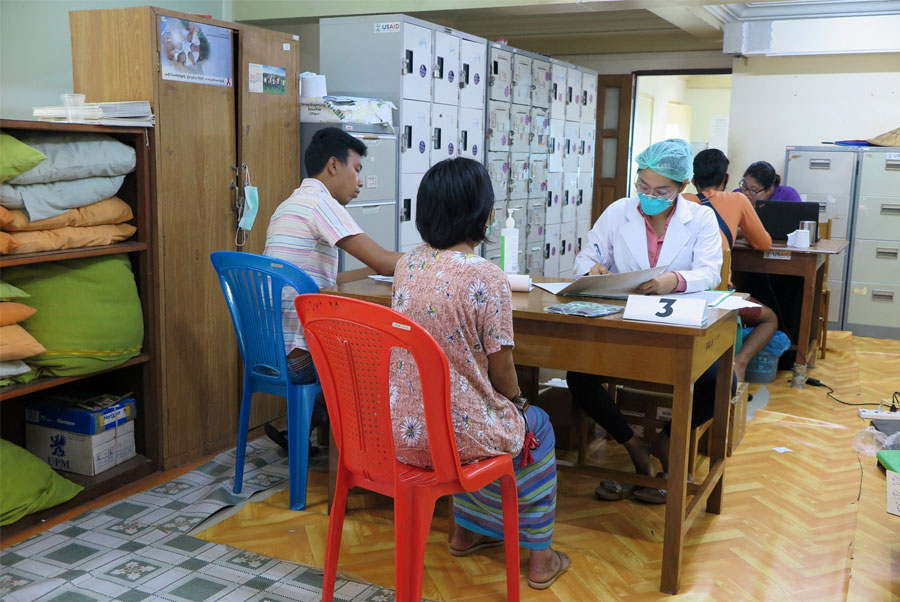
DMG Newsroom
8 August 2024, Sittwe
A severe lack of HIV drugs in Arakan State, where there are shortages of goods due to junta blockades of land and water routes, has left those requiring the treatment in a potentially life-threatening situation.
Antiretroviral therapy (ART) drugs, used to control HIV infection, could previously be bought either from the health department or from pharmacies, but since the regime blocked off the roads, the drugs have completely run out of stock in Arakan State.
“I haven’t taken ART for almost three months,” said a woman from Pauktaw Township. “I went to Kyauktaw by boat to buy medicine, but I could not buy. I am afraid that I will lose my life if I stop taking the medicine for a long time. That’s why I want to get this medicine wherever I can. I don’t know who to contact or how to get the medicine.”
Taking antiretroviral drugs daily can prevent transmission to others and reduce the amount of HIV in the blood.
An HIV patient who fails to take ART may experience problems such as decreased immunity, memory loss, depression, frequent illnesses, skin rashes, diarrhea, and neurological impairment.
“ART is a drug that controls HIV. This medicine is for people who are already infected with HIV. You have to take it to keep the existing immune system from being destroyed by the virus. Taking this medicine will not make HIV go away, but you will have to take this medicine for the rest of your life, and if you stop taking it, it could be life-threatening,” said a doctor in Arakan State.
HIV infection can be transmitted regardless of age, gender, or ethnicity, and can be transmitted through unprotected sex, sharing needles, blood fluid of an infected person entering one’s bloodstream, and passing it on to a child through breastfeeding.
If HIV is not properly treated, the infection will multiply and the immune system will decline, reaching the final stage of AIDS immunodeficiency and ultimately death.
“A person in the village has been infected with HIV. Even when he was able to buy ART regularly, he did not take the medicine regularly and had mental disorders. Now that there is a shortage of ART drugs, I don’t know what will happen next,” said a local resident in Mrauk-U Township.
There are more than 2,800 people in Arakan State who have been infected with HIV and taking antiretroviral drugs, including about 300 pregnant women, according to data compiled by the Department of Health in 2021.
There is no drug currently in existence that can “cure” the HIV virus, but the medical community says that if you take ART regularly, you can live as long as HIV-free people.





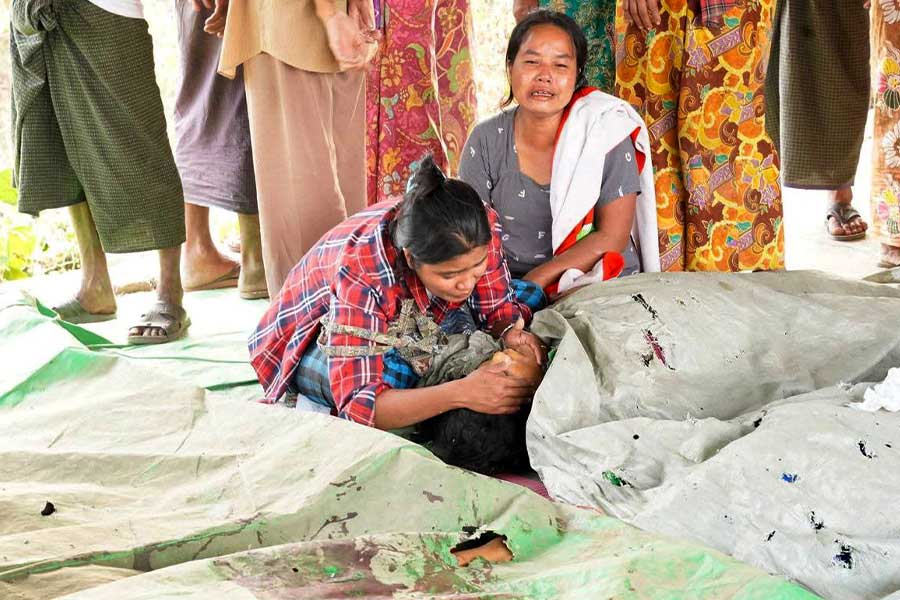
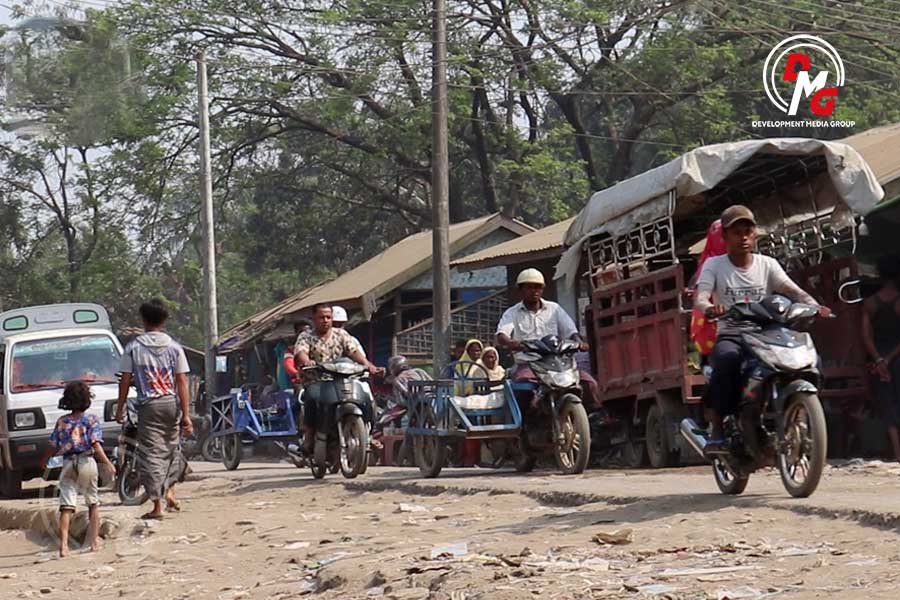
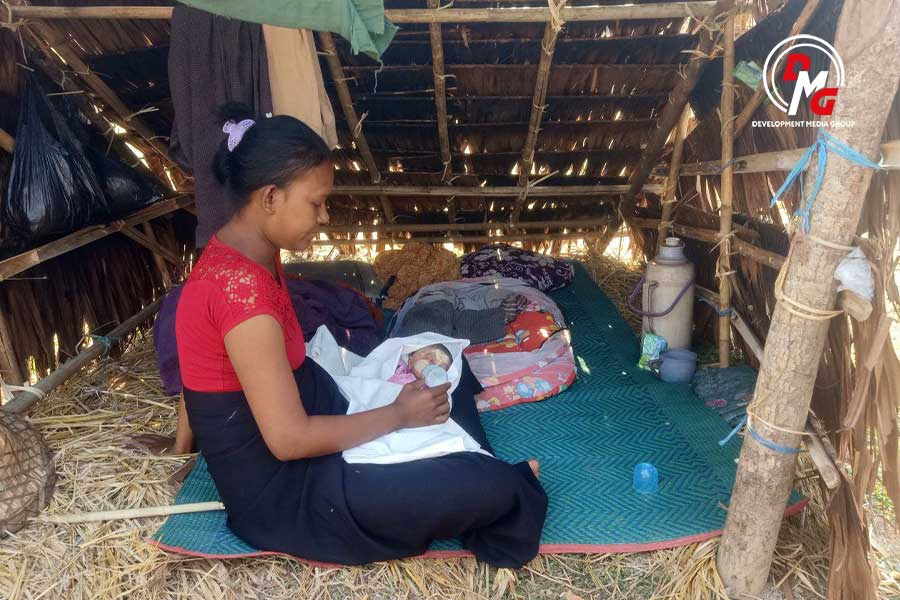
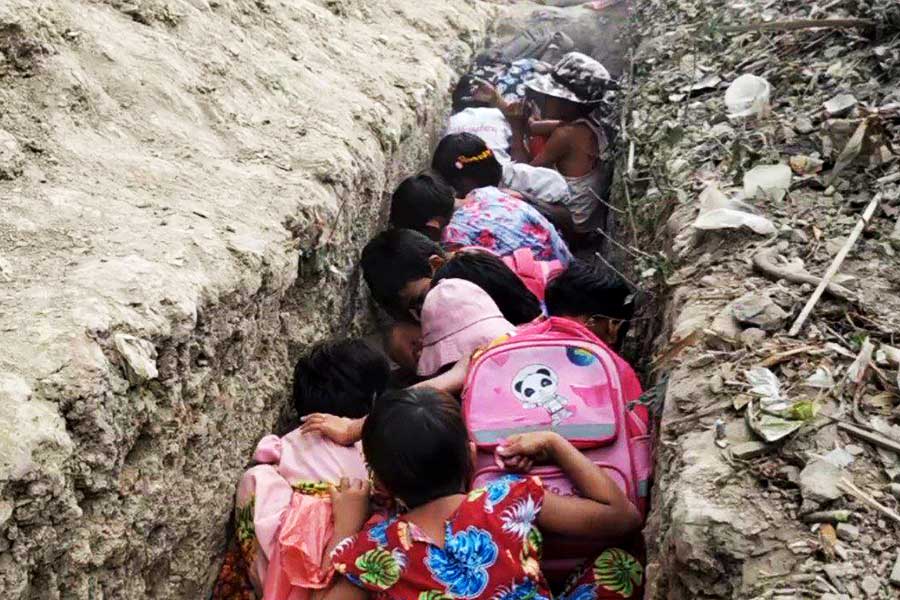








.jpg)